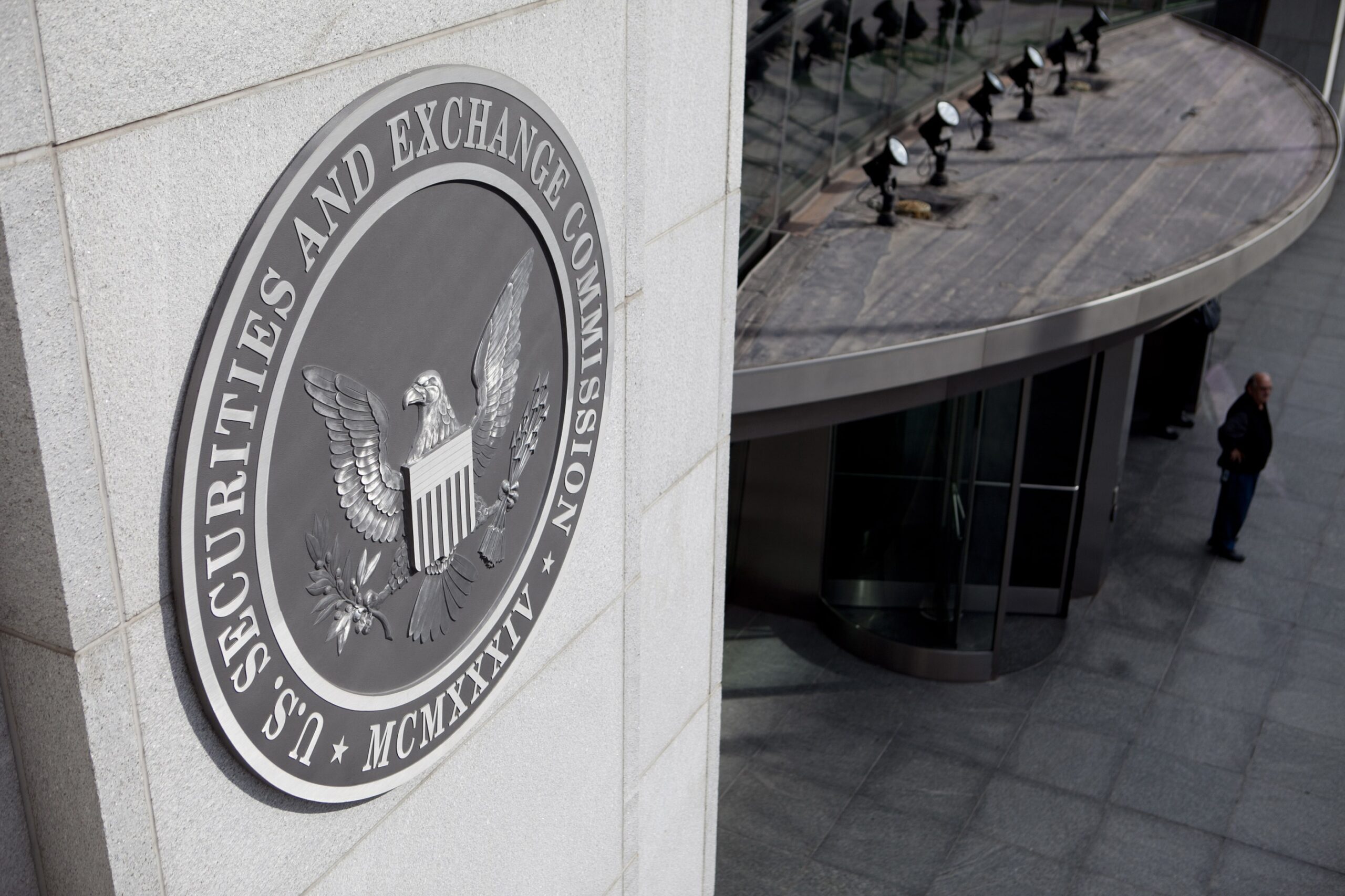Wall Street’s top regulator has voted in favour of proposed rules that would force hedge funds to report immediately when they suffer extreme losses or large investor withdrawals, in a bid to close gaps that were exposed by market ructions last year.
The guidelines from the Securities and Exchange Commission on Wednesday are part of a suite of new standards designed to strengthen the stability of US financial markets. Commissioners also backed plans for more transparency in the $23tn market for US government debt, which underpins global finance. The rules will now be submitted for public comment.
The collapse of Archegos, a so-called family office that managed the wealth of Bill Hwang, last year forced banks across Wall Street to report losses of more than $10bn when a series of highly concentrated bets which used derivatives backfired. While Archegos would not be subject to the new rules, hedge funds and private equity funds that follow a similar strategy would be within scope of the updated guidance, officials said.
Gary Gensler, chair of the SEC, said US authorities’ analysis of hedge fund reporting requirements over the past decade had identified “significant information gaps”. “For example, we would benefit from more timely information during fast-moving market events such as the March 2020 dysfunction in the Treasury market,” he said.
Many hedge funds and private equity firms have historically provided only limited disclosures about their activities in spite of significant growth over the past 10 years. Private funds’ assets under management have more than doubled from approximately $5tn in 2013 to $11tn by the end of 2020, according to the SEC. The number of funds jumped 70 per cent in the same period.
The SEC wants to speed up disclosures to just one business day if a hedge fund suffers an extraordinary loss, significant margin calls, events that lead to large client withdrawals, big declines in its cash position or any material changes in its relationships with prime brokers — the investment banks that provide finance.
Hedge funds often face margin calls — demands to provide more cash or US Treasury bonds as security for borrowed money — from their banks in periods of market volatility or when they suffer large losses.
The changes also include reducing the reporting threshold for private equity managers from $2bn to $1.5bn in assets under management. That would ensure the same proportion of the private equity industry was covered as when the reporting standard was first adopted in 2013, SEC officials said.
Reforms to the Treasury market follow a series of incidents in the past decade that have tested its durability and as the volume of outstanding US debt has mushroomed.
In the past 15 years, the market has shifted from one primarily conducted between banks and broking middlemen to one dominated by high-speed traders on electronic platforms. Corporate bonds are also increasingly traded electronically rather than over the phone.
The amended rules aim to capture platforms trading corporate or government securities that fall outside the scope of the SEC, by making them comply with existing standards that protect investors, promote fair and orderly markets and maintain the technological infrastructure underpinning US financial markets.
The new regulation would bring approximately 20 companies across security asset classes under the SEC’s purview, officials said. These companies would either register with the SEC as exchanges or operate as alternative trading systems, meaning they would register as broker dealers, SEC officials said.
Some functionalities of platforms such as Tradeweb or MarketAxess might fall under the new “exchange” definition proposed by the SEC, officials said.
“Together, I believe that these steps would promote resilience and greater access in the Treasury market, which forms the base for so much of the rest of our capital markets,” Gensler said.
















